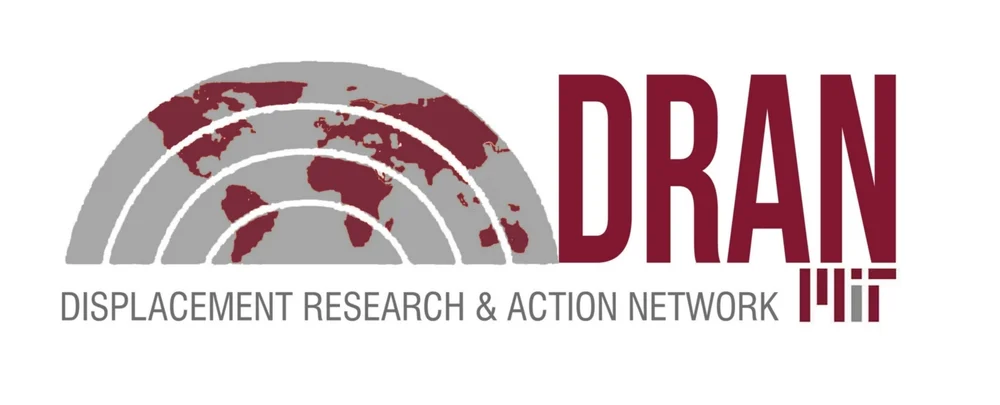Water is a right, not a commodity!
Statement by the National Coordination of the Movement of People Affected by Dams
Foto: Lidyane Ponciano
In honor of the International Day against Dams and for Rivers, Waters and Life MIT DRAN is honored to re-publish this statement by Brazil’s Movimento dos Atingidos por Barragens (MAB) or Movement of People Affected by Dams (MAB). Large infrastructure projects like hydropower dams continue to be a leading driver of dispossession and displacement for communities across the globe, disproportionately impacting rural and indigenous communities in the Global South. MAB is one of the world’s largest social movements struggling for the rights of people affected by dams and an international reference for people driven energy sovereignty.
March is a special month for people affected by dams. Since the first National Meeting (of MAB) in 1991, March 14th became the mark of this agenda in Brazil. In 1997 the date broke borders when, during the first International Meeting of MAB, the International Day against Dams and for Rivers, Waters and Life was established.
Since this point, March 14th serves to unify mobilizations around the world in defense of the rights of millions of people affected by projects involving hydroelectric dams, mining waste or accumulation and channeling of water.
Since 2016, this unity has gained strength in Latin America with the launch of the Movement of People Affected by Dams (MAR), which acts as a regional platform for a diverse set of national organizations that daily are building a vision of popular energy sovereignty on the continent.
Now, in 2018, an event of great importance for the militants of the fight against dams will be the epicenter of struggles in the month of March. In parallel to the World Water Forum, the World Alternative Water Forum (FAMA) will be held in Brasilia from March 17th to the 22nd.
A few kilometers from the Brazilian federal capital will separate completely opposite projects. The "forum of the transnationals"- the World Water Forum- will bring together hundreds of representatives of governments and transnational corporations that support the privatization of water to generate profits and accumulation of capital wealth. These are large corporations such as Nestlé and Coca-Cola, which intend to appropriate this natural asset to fatten the sums of profits sent annually to their shareholders.
At the other (ideological) end- at FAMA- will be present thousands of workers from grassroots movements, environmentalists and NGOs that struggle to make water a public good, so that water is controlled and used at the service of the communities. FAMA rejects any form of privatization: from rivers, springs, underground reserves and sanitation.
It is no coincidence that the "forum of the transnationals" is held in Brazil. Of all the freshwater available in the world, 12% is in Brazilian territory, which represents the largest reserve in the world - including Alter do Chão and Guarani aquifers. What is at stake is a huge strategic reservoir of water that could be commodified to serve the interests of a handful of business owners.
In addition to the water reservoirs, the control of their distribution is also at stake. In Brazil, despite the wave of privatization in the 1990s and the coup of 2016, more than 90% of sanitation services are public. In almost all cases where privatization did take hold, service worsened and costs increased. The most symptomatic example is that of ‘Itu’ in Sao Paulo where during an eight-year period of private management (2007-2015), the worst rationing of services ever recorded in the city's history was experienced and, later, led to the re-municipalizing of the service.
We have already experienced the results of the privatization of hydroelectric plants and the loss of energy sovereignty: worsening violations of the rights of affected populations, rising tariffs/costs and worsening services. Therefore, we must fight against this institutionalized and legalized assault process called privatization.
With the coup established in Brazil in 2016, the commodification of all aspects of life has been placed as a priority of the State. With water, it will be no different. But, with 27 years of existence to be celebrated this March 14, the Movement of Dam Affected (MAB) understand that no trend in history is irreversible. We need to defend democracy and defeat the coup completely.
In our last National Meeting we decided to fight with all our strength for a popular energy project that guarantees sovereignty, distribution of wealth and popular control over energy resources.
In addition to today’s day of honoring the struggle, on March 8th women from around the world united for International Women's Day. With the question of water, we know that it is women who suffer most from the consequences of scarcity or difficult access to this natural good. Therefore, women affected will be the protagonists and leaders of all the struggles of this month.
In view of this, MAB has called on the population affected by dams in Brazil to join ranks in the mobilizations that will take place in March, with a special focus on FAMA, in Brasília. It is our commitment to defend the waters, rivers and life against any form of privatization. Therefore, we affirm that "water is a right, not a commodity".

